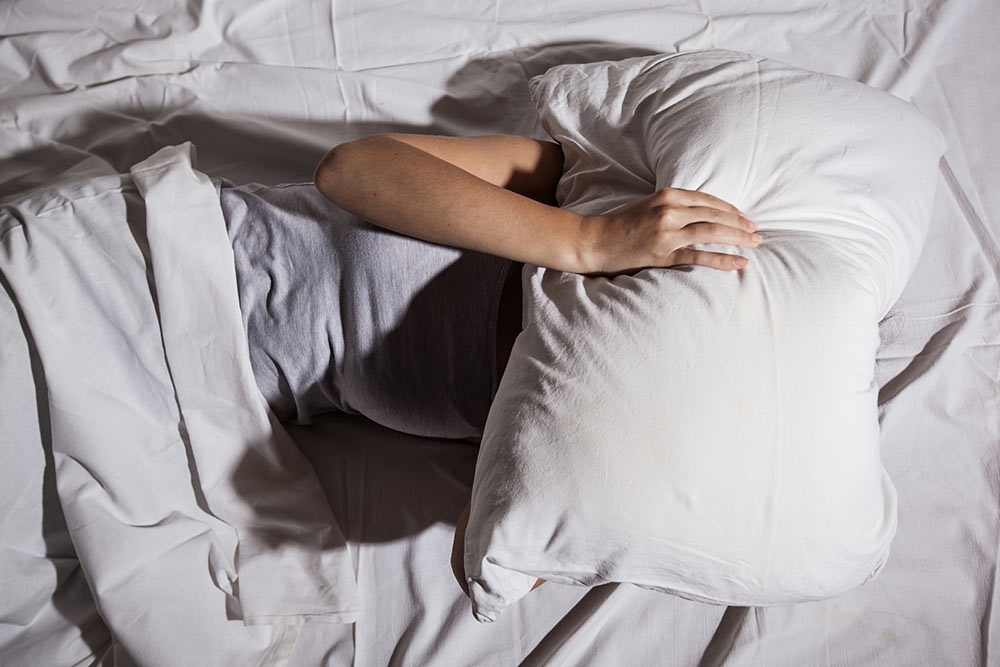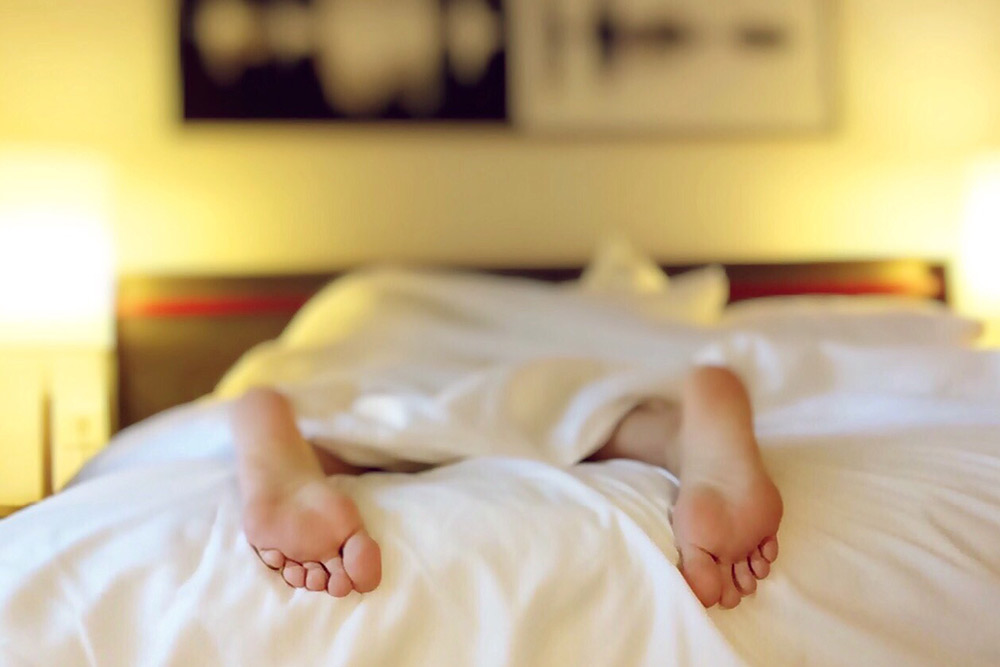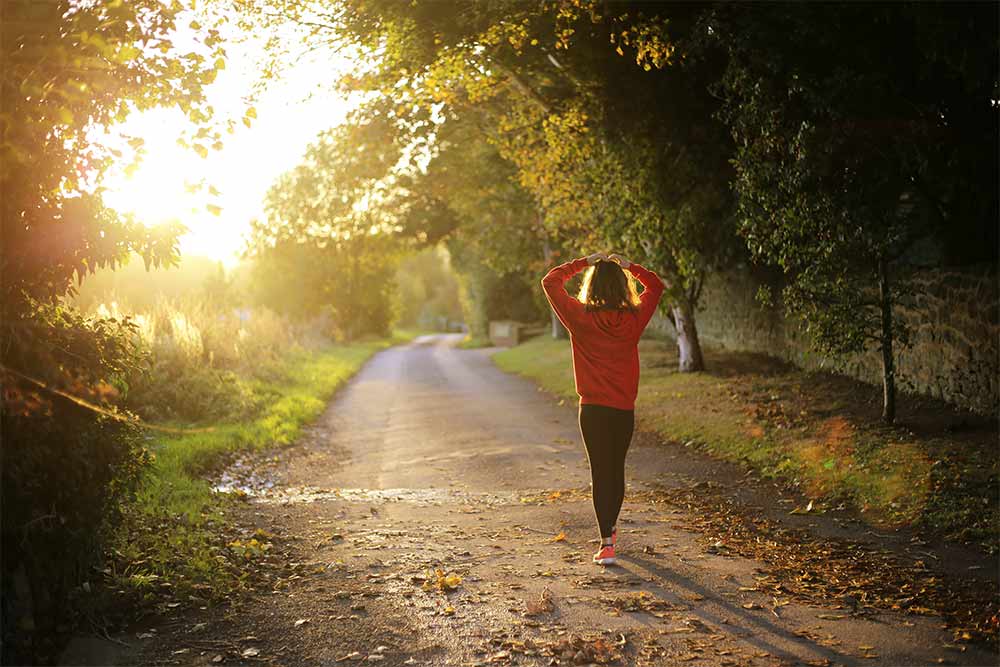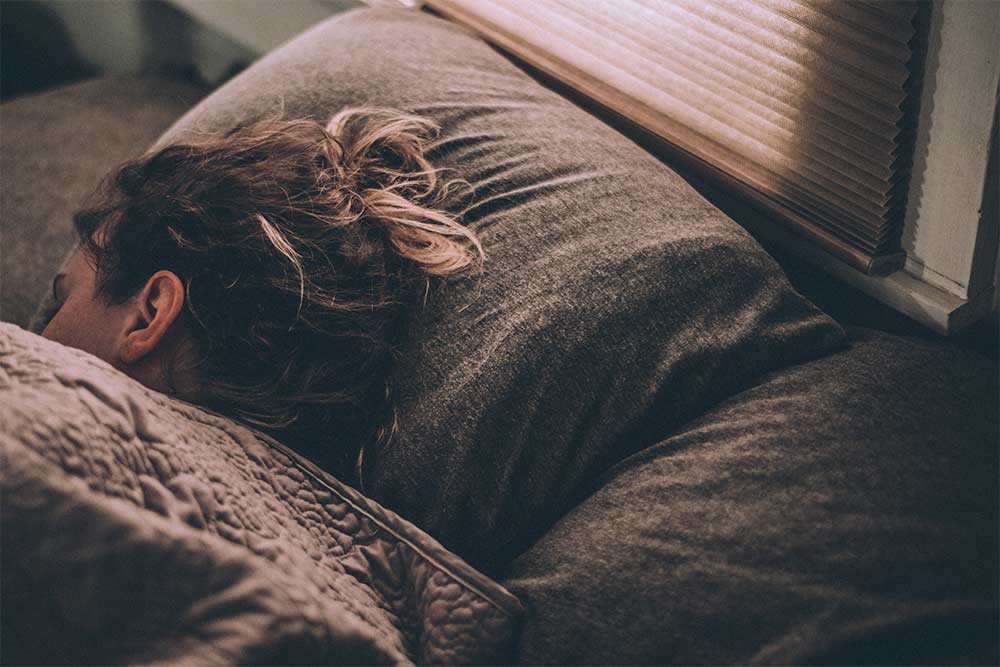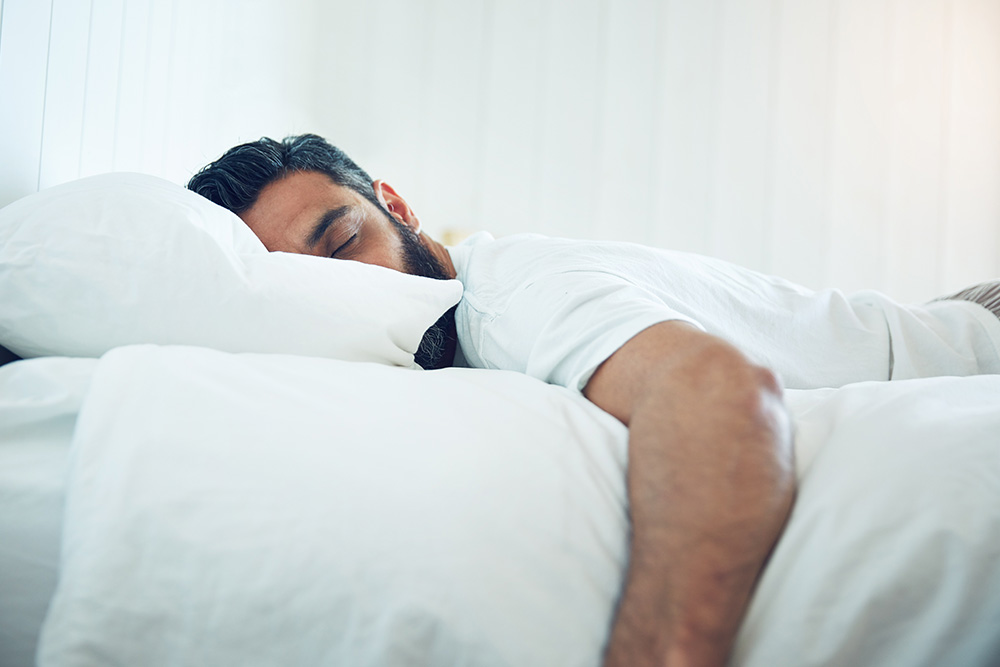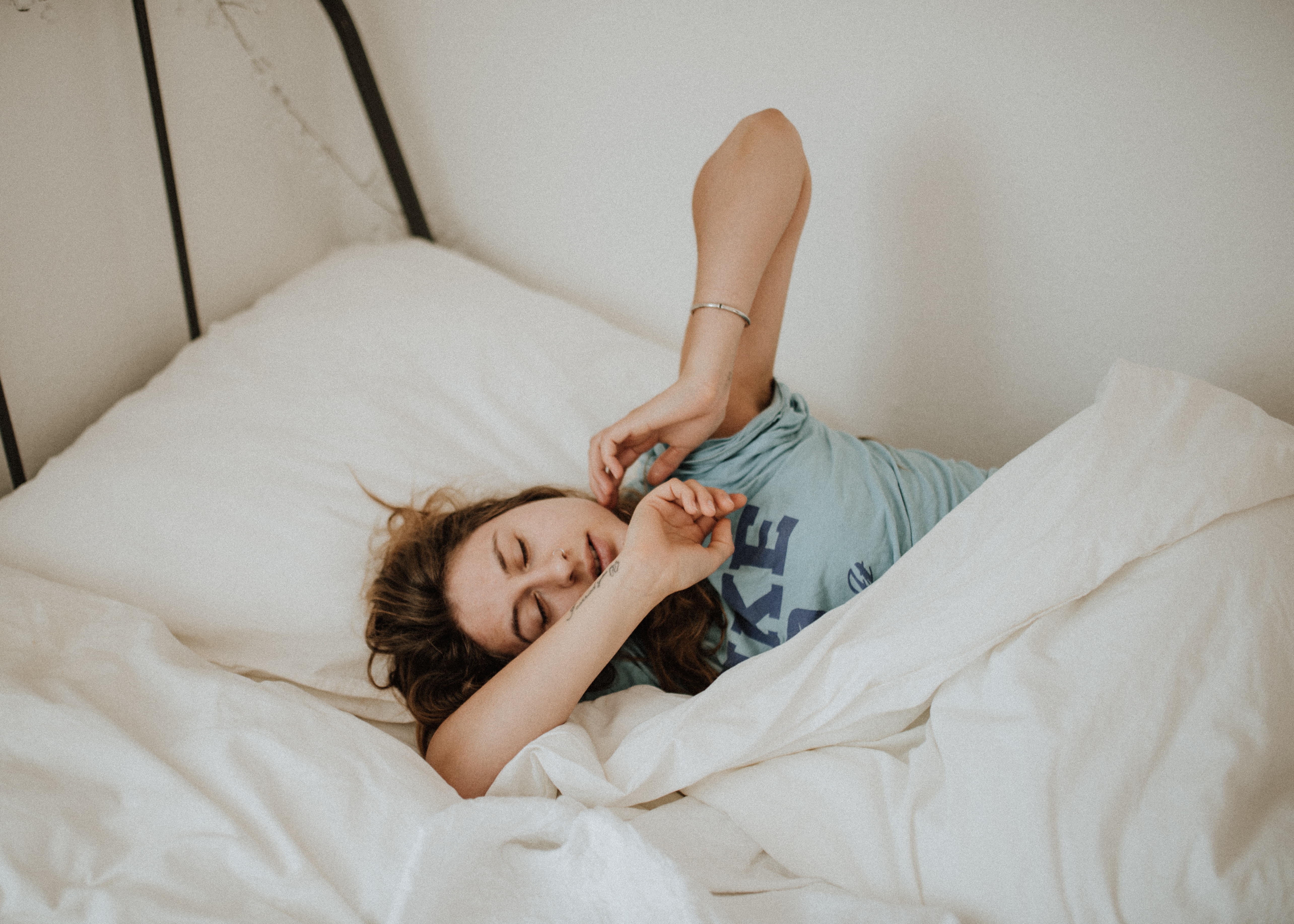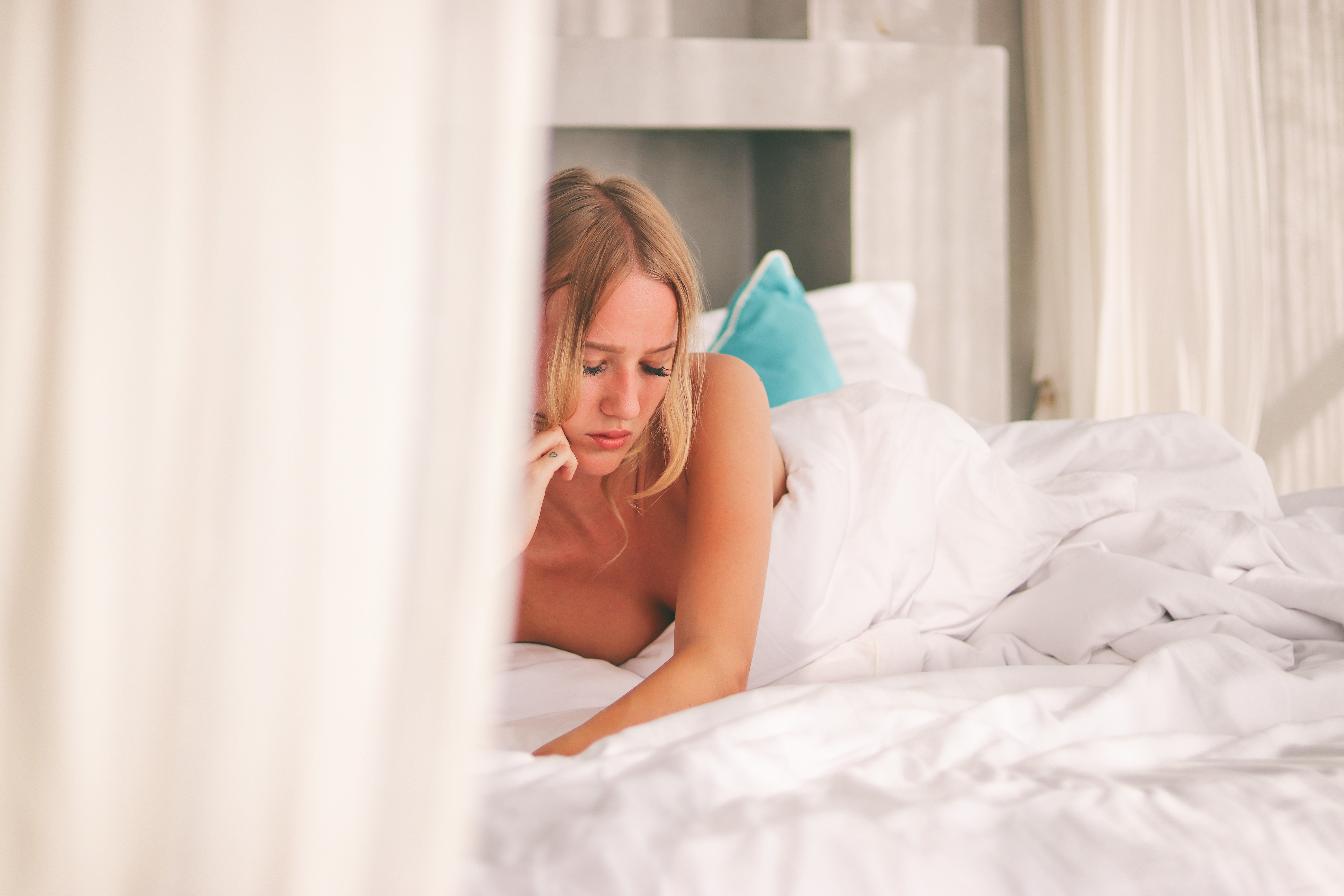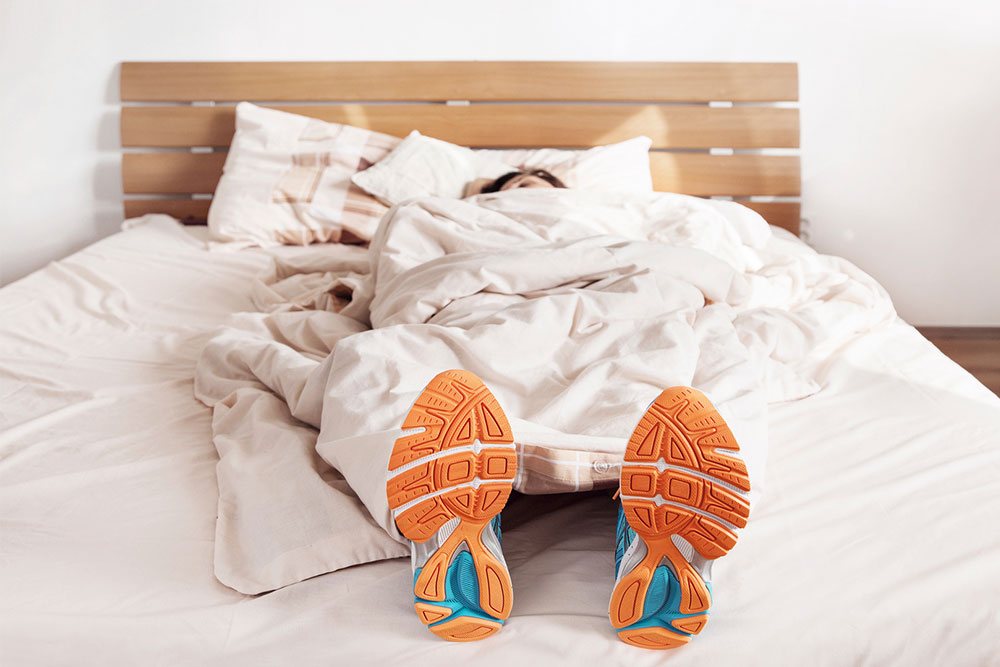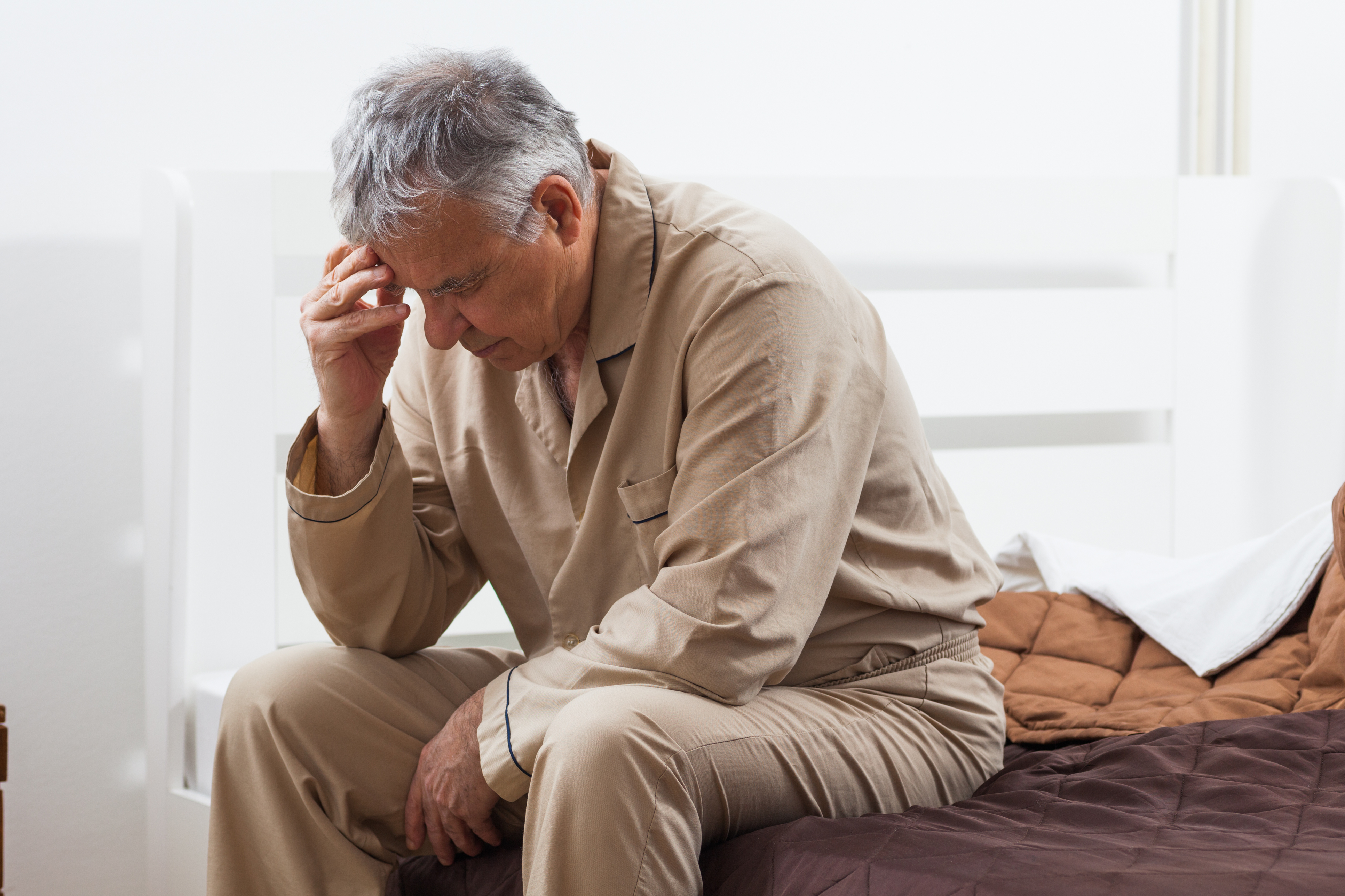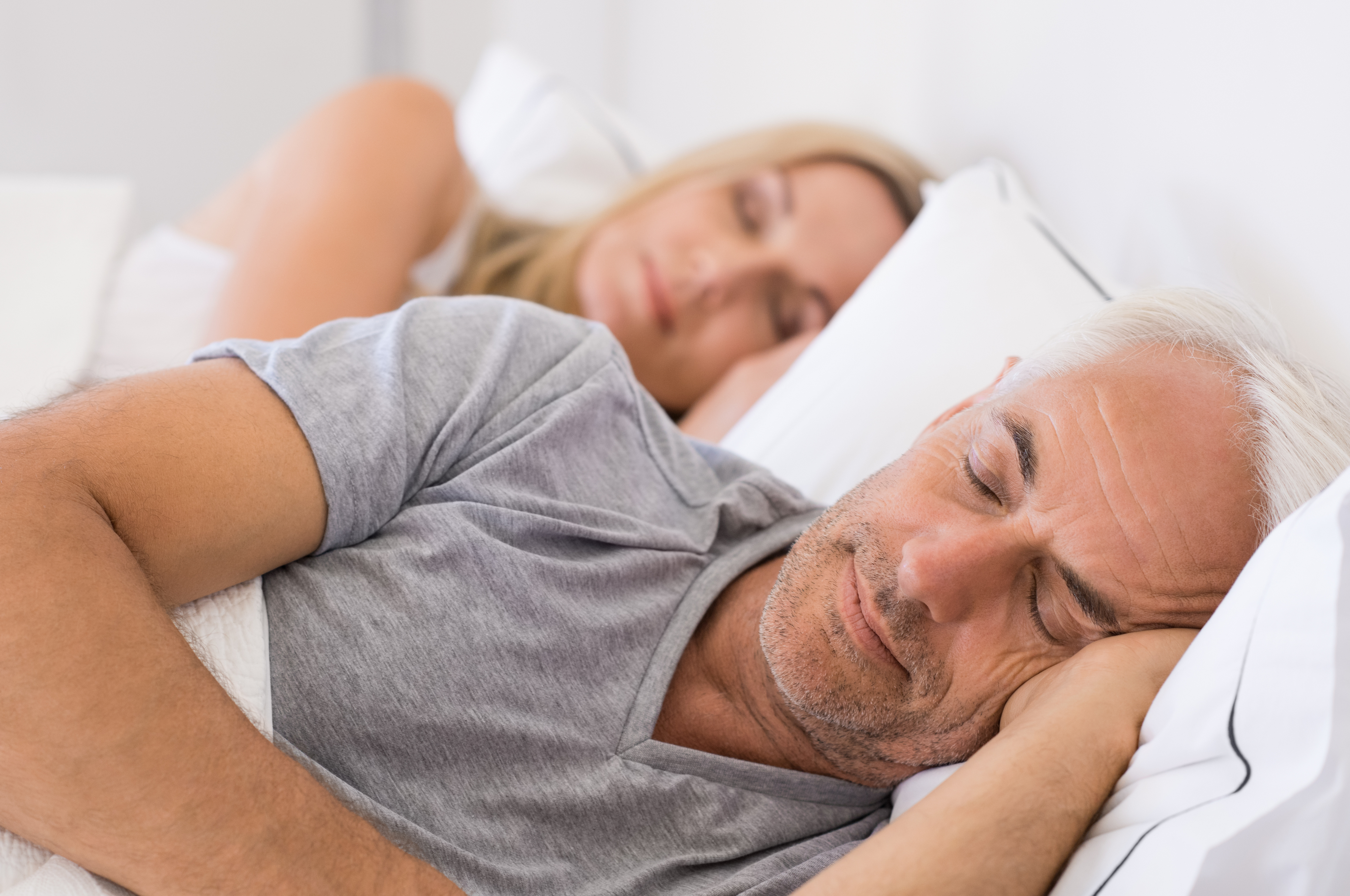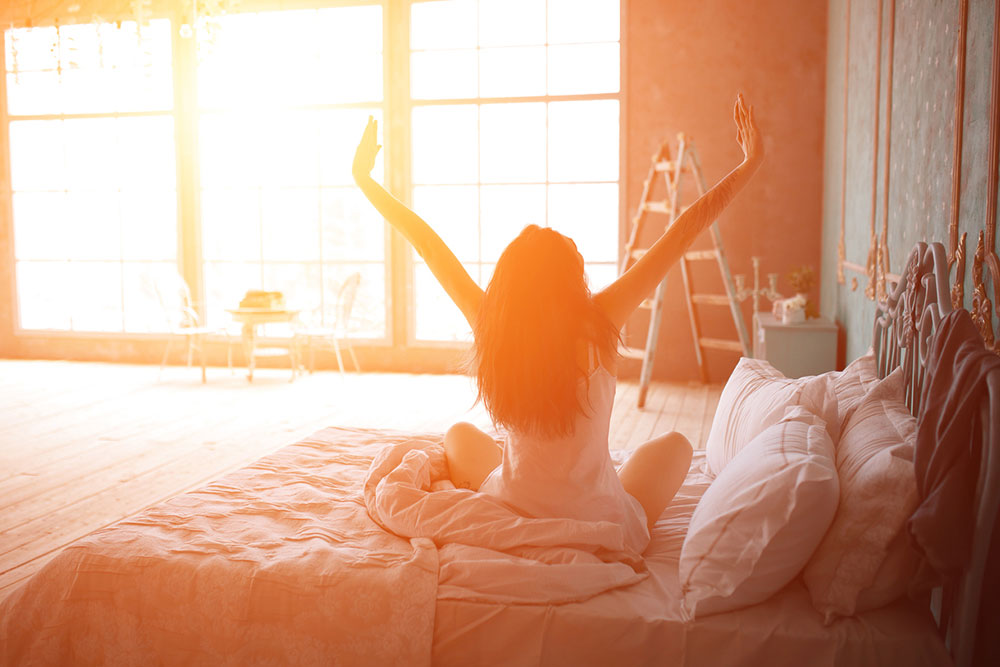5 Signs of Sleep Apnea
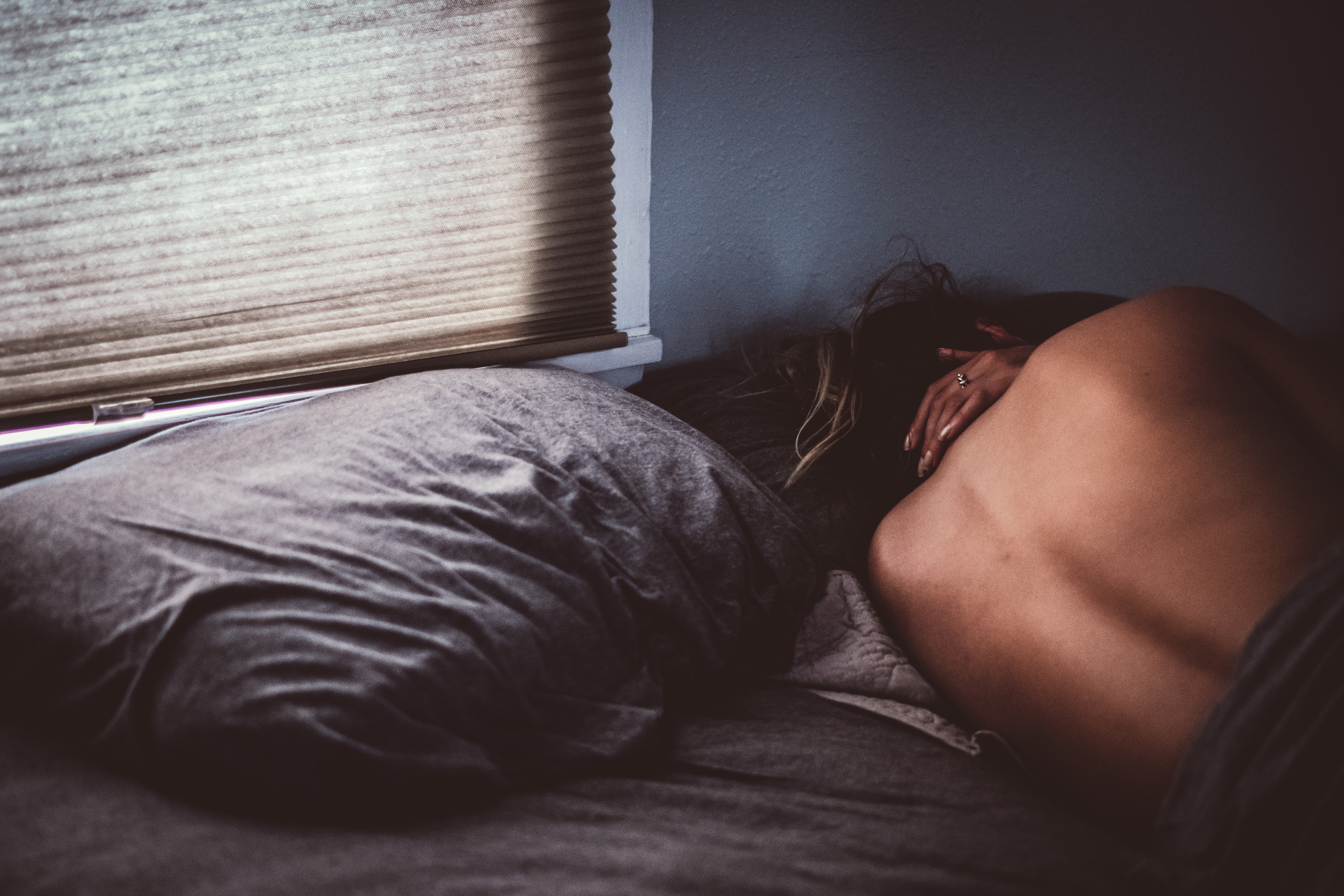
Most people snore once in a while, but what happens when your loud, continuous snoring becomes a nightly occurrence? If it’s accompanied by other symptoms, you could be one of the estimated 22 million American sleep apnea sufferers.
What is Sleep Apnea?
Sleep apnea happens when the soft tissues in the back of your throat fall into your airways while you’re asleep. After a few seconds, your body will try to clear your throat by forcing air upwards from your lungs. The sound that results may be a sudden snore or gasp. (Most often reported by sleeping partners.)
People who have mild to moderate sleep apnea experience episodes of not being able to breathe every 10 minutes or so. Those with severe sleep apnea are likely to snore every two minutes or less. Regardless, by the end of the night, your brain has been deprived of much-needed oxygen.
Related Article: Exercise, Airways, and Sleep Apnea Prevention
What Do We Know About Sleep Apnea?
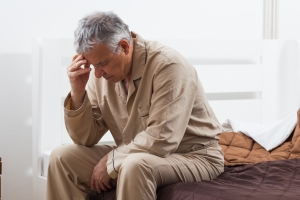
Sleep apnea can fall into two basic categories:
Obstructive Sleep Apnea: As noted above, this type of sleep apnea involves snoring, snorting, gasping, and choking to get air. It is the most common type of sleep apnea diagnosed by sleep specialists.
Central Sleep Apnea: In central sleep apnea cases, the patient’s brain does not send the correct breathing signals to the body. The result is periods of not breathing at all.
In limited cases, patients may have both obstructive and central sleep apnea.
Causes of Sleep Apnea
Although physicians have studied sleep apnea for decades, they agree that the underlying causes of sleep apnea can vary.
For example, in some patients, the muscles in the back of the throat are too weak to hold up the palate when the patient is lying on his or her side. In other patients, sleep apnea could be caused by overly large tonsils or a bigger than normal uvula (the piece of skin that hangs down at the back of your throat.) For some people, sleep apnea is directly related to being overweight.
Other factors that can affect your chances of experiencing sleep apnea include having an endocrine disorder, genetics, heart failure, kidney problems, and neuromuscular problems.
Common Signs and Symptoms of Sleep Apnea
How can you tell if you have sleep apnea? You or your sleeping partner will usually report one or more of the following issues.
- Loud snoring: Sleep apnea causes you regular bouts of loud snoring, snorting and choking.
- Headaches in the morning: Due to lack of rest, you wake with headaches.
- Sleepiness during the daytime: Despite getting hours of sleep, you feel unrested and in need of a nap.
- Dry throat: Does your throat always seem to be dry in the morning? It might be from being open at night.
- Memory and concentration problems: Has your ability to focus gone down as your snoring episodes increase? Sleep apnea may be to blame.
Additionally, you may see an increase in your blood pressure or in your ability to control your Type 2 diabetes if you have sleep apnea.
Related Article: 7 Tips to Get You Sleeping Again
How to Stop Sleep Apnea
The only way to stop sleep apnea is to be diagnosed by a professional sleep specialist. After going through a sleep study at home or in a sleep apnea clinic, you may end up trying at least one of the following solutions.
- CPAP machines: With a CPAP machine, you wear a mask at night. The mask is hooked up to a device that helps you breathe regularly. Although many people find CPAP devices unwieldy
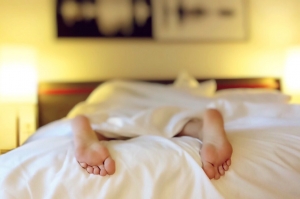 or noisy, they are the “gold standard” of sleep apnea treatment.
or noisy, they are the “gold standard” of sleep apnea treatment. - Dental appliances: In some cases, your dentist may be able to create a special night guard for you to wear while you sleep. The nightguard will help your mouth remain in a neutral position all night, improving your breathing.
- Surgery: If your sleep apnea is caused by overly large tonsils or a large uvula, you may want a surgeon to remove the soft tissues.
- Weight loss: Sleep apnea sufferers who are overweight (with a BMI of 25 or above) can often lessen the impact of the disorder by losing weight. Talk to your doctor to determine a healthy weight based on your height, age, and body type.
- Smoking cessation: Do you smoke? Stopping use of nicotine products can reduce your number of nightly sleep apnea episodes.
Want more home remedy ideas to cut down on sleep apnea? Find natural ways to get sleep rather than choosing sleeping pills, consider sleeping in a more upright position, or sleep on your stomach or sides.
Sleep Apnea Clinics
Still thinking you might have sleep apnea? It’s time to talk with a sleep specialist.
Some physicians will give you take-home tests to conduct over a three-day period. However, if you want clinical results, you’ll need to go to a sleep apnea study center for an overnight evaluation.
At the center, you’ll be hooked up to machines. The machines will continuously monitor you as you sleep, recording how many times you snore per hour. Your result will indicate how severe your sleep apnea is if you have it.
After diagnosis, you will be given a physician’s recommendation for customized treatment solutions based on your results.
Preventing Sleep Apnea
Want to lower your risk of getting sleep apnea that’s unrelated to genetics?
- Stay at a healthy weight
- Avoid sleeping on your back
- Stop smoking
- Stop drinking several hours before bedtime
- Use natural sleeping aids
- Have large tonsils (or a large uvula) removed
- Practice good sleep habits and hygiene
Recap
Your goal is to get quality sleep every night. Remember: What you do during the day and right before bedtime counts. And if you suspect sleep apnea, talk to your primary care physician.
You Might Like:


